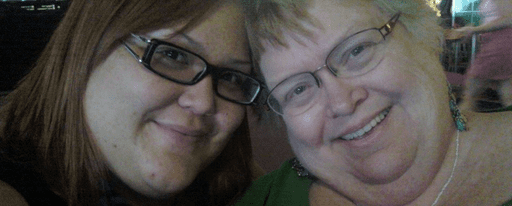Be Hopeful
Hope is crucial for recovery, and there is good reason to be hopeful when it comes to mental health challenges. The vast majority of us who get appropriate treatment and support get significantly better. This is good news, but it is also not news that has been told until recently. Hope is the ONLY predictor of recovery you cannot predict who will recover based on what disorder we have, how serious it is or when it began. The only predictor is whether there is hope because, without hope, there is no reason for us to try to do anything. As important as hope is, though, it is sometimes difficult to have especially when we are depressed so one crucial thing you can do for us is to hold hope for us when we cant hope ourselves.
Be a Friend.
According to surveys, people do not want to associate with those of us who have a mental health challenge especially if it is depression. And, when people are willing to be friends with us, they often do not behave like a friend. When a person has a health problem, friends ask how they are doing, send a card, bring them a casserole or invite them to go for coffee. When we are struggling, people usually say/do nothing or they tell us to either be more positive or have more faith as if depression is not a biologically based chemical imbalance in our brain. As a friend, you can provide companionship and compassion you can ask us how we are doing and listen without judgment. You do not need to fix us, but you can ask if there is something you can do to help. You can pray for us and for our family. You can invite us to do something fun like have coffee, see a movie or some other pleasurable activity.
Be an Inspiration.
Most people will experience a mental health challenge sometime in their life, but we are led to believe that we are unique in our struggle. And, while each persons experience is unique, there is also a lot of common ground with other people. If a mental health challenge has affected you or your family in some way, share your story at least with us. Your story may inspire us to seek treatment or have hope.
Watch Your Language.
Pay attention to the words you use and avoid stigmatizing labels. Never refer to people as “crazy,” “psycho,” “lunatic” or “mental.” Also, we are often identified with our diagnosis, but we are much more than our diagnosis. So please do not refer to us as the mentally ill, the bipolar, or the schizophrenic. We are people with hopes, dreams, and successes. We are brothers, sisters, parents, and children. We have skills, interests, and ways we can contribute to the world around us. We are not just a diagnosis. We are people first so please refer to us as a person with bipolar disorder or a person with schizophrenia.
Learn the Facts.
Educate yourself about various mental health challenges. Attend a lecture or class or use the Internet. To learn about bipolar disorder, the International Bipolar Foundation, https://ibpf.org/ , is a good place to start. Other good places include the National Alliance on Mental Illness, www.nami.org, and the National Institute of Mental Health, www.nimh.nih.gov.
Challenge Stigma
Challenge negative attitudes and ignorance about mental health challenges among your friends and acquaintances and in the media. Let others know that mental health challenges are treatable and recovery is possible. Let others know the world has benefitted from many of us like Lincoln, Churchill, van Gogh, Dickens, Newton and others.

